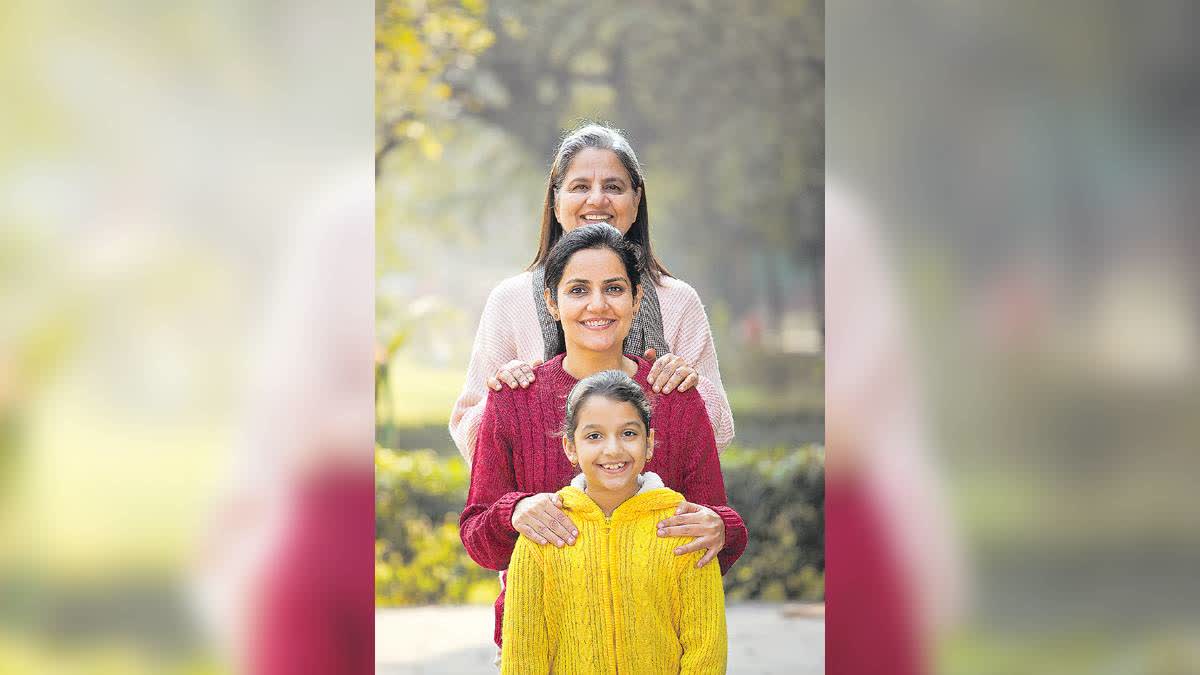Hyderabad: On the International Day of Action for Women's Health today, the focus is on improving the healthcare of women, which has to be a continuous process. Starting from puberty till menopause, it is extremely important to follow a proper healthcare regime.
Just like the 'Well Baby Clinic', there are 'Adolescent Clinic', 'Well Women Clinic' and 'Menopause Clinic'. One should consult a doctor regularly and many serious illnesses can be nipped in the bud if they are detected at early stages, said doctors.
As a teenager:
An effective HPV (Human Papillomavirus) vaccine is available to prevent cervical cancer. It should be given to girls at the age of 9 to 15 years. Two doses are sufficient at this age and the second dose should be given after a gap of six months. Antibodies are produced in large quantities if taken at a young age. After 15 years, three doses are required in which, the second dose is given after two months followed by the third dose after four months.
The Rubella booster vaccine should also be taken. If one doesn't take this vaccine at a young age then there is a risk of complications if she gets rubella infection during pregnancy. Those who did not get this vaccine as a child, can get it after marriage.
Before becoming a mother:
Thalassemia factor genetic testing is essential when one is trying to conceive. A Thalassemia minor does not have any symptoms but it can act as a carrier through whom, the child can get sick. If the wife has Thalassemia minor then the husband should also get himself tested because if both the partners are minor then there is a chance of Thalassemia major in the unborn child, which is a serious problem.
So those are planning to have children should first get themselves tested for Thalassemia. This apart, tests to determine the Blood group, haemoglobin, thyroid, diabetes and blood pressure are also necessary. Presently, one in every four pregnant women develops diabetes and many are also deficient in vitamin B12 and vitamin D. All these tests should also be conducted.
At middle age:
Every woman above 35 years should consult a doctor at least once a year even if she does not have any illness. Breast examination is the most important test that should be done at this age. Anyone can self-examine breasts but it is better to get oneself checked by a doctor.
One of the essential tests that should be done for women above 35 years is Pap smear, which helps in early detection of cervical cancer. If the results are negative, then it can be repeated once in every three years. People with HIV and genital infections should undergo Pap smear tests frequently. Infact, this test is necessary even after receiving the HPV vaccine.
Some changes in the cervix may not be detected in a scan. This is where the speculum device comes in handy. This gives a proper view of the interior and at the same time, a sample can be taken for Pap smear test.
The HPV high-risk DNA testing is of great benefit in areas where there are insufficient specialists to perform Pap smear. Now, the World Health Organisation is also recommending it. However, even if the HPV virus is positive, cancer may not occur but helps to be vigilant. Any abnormal changes can be detected with colposcopy. Early detection gives the best chance for successful treatment.
Again, women aged above 35 should have a mammogram to detect breast cancer and it should be repeated every three years if the result is negative .
At menopause:
Sometimes women may have heavy bleeding during menopause and it is considered to be a natural phenomenon. However, it is essential to consult a doctor and get examined. Bleeding can also be due to cancer in the inner lining of the uterus. If detected early, appropriate precautions can be taken immediately
Again, instances of irregular periods should not be taken lightly. Although it is harmless, it can be due to cancer. So, the only precaution is to see a doctor.
Although rare, cancer can also occur in the ovaries, which earlier could not be detected through tests. Now, tools are available to examine and predict scan scenarios with the help of algorithms. Women are recommended to undergo this test, especially if they develop lumps in the ovaries after menstruation.
"Women should always prioritise their health because an early detection gives the best chance for successful treatment. Healthcare should involve regular consultation with doctors, tests and vaccinations," Dr P Balamba, senior gynecologist, Shalini Hospital in Hyderabad said.
Read more
Empowerment In Action: Discover Impact Of International Day Of Action For Women's Health



